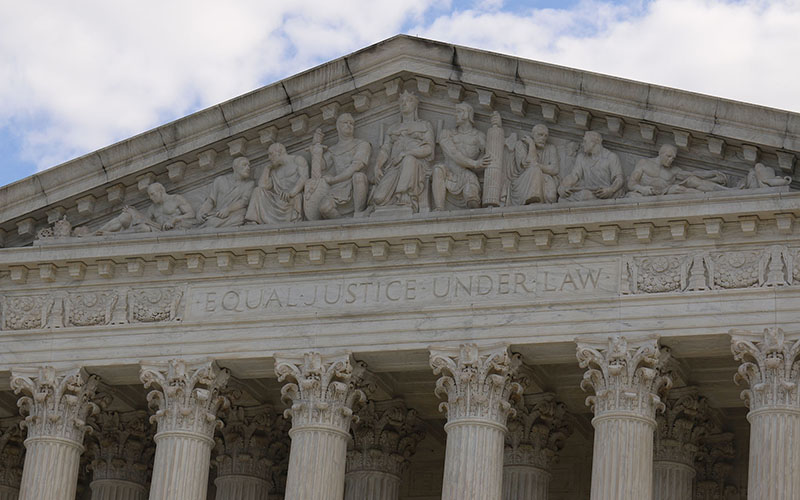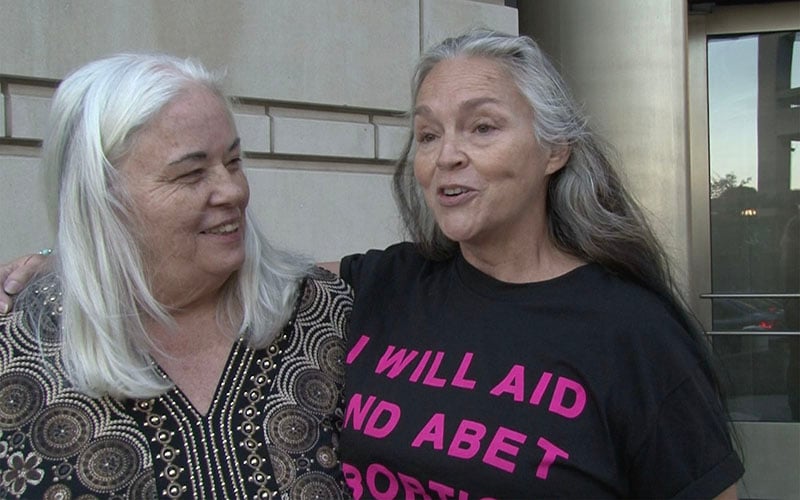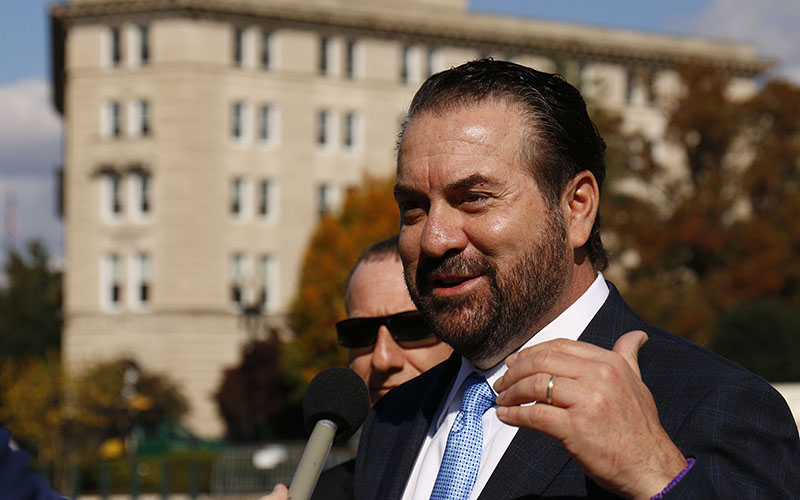WASHINGTON – The Supreme Court on Monday refused to hear a challenge to Arizona’s law that allows defendants in serious criminal cases to be tried by a jury of just eight people.
The court rejected the appeal of Ramin Khorrami, who was convicted by an eight-person jury in 2019 on two felony charges – theft and fraudulent schemes and artifices – after he forced a woman he was seeing to pay him in exchange for not telling her husband about their affair.
Khorrrami argued on appeal that he should have been tried by a jury of 12, and that the smaller panel violated his Sixth and 14th Amendment rights.
But the Arizona Court of Appeals rejected that argument, and the state Supreme Court declined to hear the case. The U.S. Supreme Court followed suit Monday, over the objections of Justices Neil Gorsuch and Brett Kavanaugh.
In a 10-page dissent, Gorsuch wrote that the “Sixth Amendment protects the ‘right to a speedy and public trial, by an impartial jury,'” and reached back to English common law to show a “mountain of evidence” that a 12-person jury is the standard for most U.S. courts. Gorsuch said 44 states require 12 jurors to hear “serious criminal offenses.”
“While scholars may debate the precise moment when the common-law jury came to be fixed at 12 members, this much is certain: By the time of the Sixth Amendment’s adoption, the 12-person criminal jury was ‘an institution with a nearly four-hundred-year-old tradition in England,'” Gorsuch wrote.
Gorsuch said the court should have accepted Khorrami’s challenge to overturn Williams v. Florida, a 1970 ruling that found a 12-person jury “is not a necessary ingredient of ‘trial by jury.’” That ruling “was wrong the day it was decided, it remains wrong today,” Gorsuch wrote.
The case began in 2013, when “a jealous and paranoid” Khorrami became angered that the Phoenix woman he had been seeing, identified only as Pearl, refused to leave her husband, according to court documents. After several arguments, he threatened to reveal their relationship to the husband, but later promised not to do so if she paid him $40,000.
Khorrami later agreed to accept $30,000, but once Pearl paid him he demanded more. After paying another $4,000, she “realized Khorrami’s additional demands would never end,” and she confessed to her husband who called police.
In filings in the case, the Arizona attorney general’s office said that because the charges against Khorrami “did not expose him to a sentence of death or imprisonment for 30 years or more,” an eight-person jury was allowed under state law. The Maricopa County jury convicted him on both counts, and he was put on supervised probation, with a two-month jail term as a condition of probation.
Calls seeking comment from attorneys for Khorrami and from the Arizona attorney general’s office were not immediately returned Monday. But in their petition to the Supreme Court, Khorammi’s legal team called Williams “egregiously wrong.”
They pointed to the court’s 2020 ruling in Ramos v. Louisiana, which said a jury verdict must be unanimous for serious offenses – a case Khorammi claimed had overturned Williams. Khorrami’s attorneys argued that juries of fewer than 12 people are less likely to have minority members and are more likely to convict a defendant.
But the attorney general’s office argued in its brief that the Arizona Court of Appeals ruling was correct and that that “Khorrami’s framing of the issue is incorrect.”
“He asks for a rule that would apply only in felony cases,” the state said in its filing. “But that application of the Sixth Amendment is inconsistent with the Court’s precedent holding the jury-trial right is triggered by a serious offense, not a felony offense.”
The state also pointed out that Khorrami received probation – a punishment handed out for nonserious offenses.
The American Civil Liberties Union had filed a brief in support of Khorrami, also citing English common law.
“When the Bill of Rights was ratified, ‘jury’ was a familiar term from English and American common law,” the ACLU brief said. “It referred to a body that could have no more and no less than twelve members.”
The National Center for State Courts said that a 12-person jury “which the American Bar Association supports, is used by 33 states for civil jury trials, 34 for misdemeanor trials and 45 for non-capital felony trials. Other states use six-, seven- or eight-member juries for those trials.”



